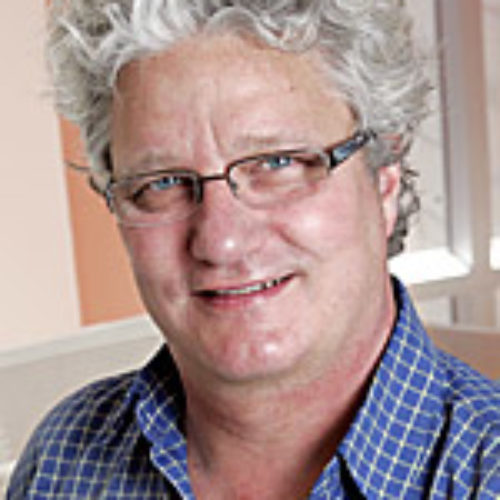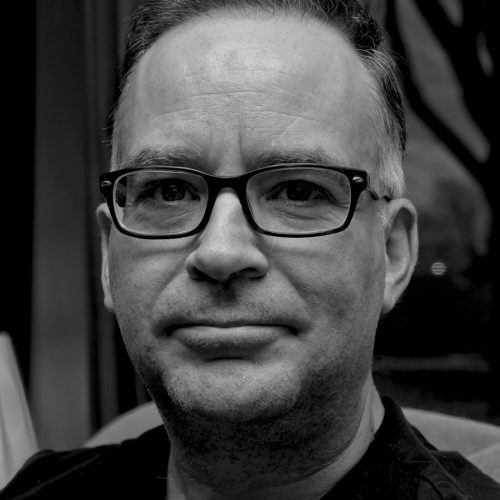K: Institutional Experimentation in the Regulation of Work and Employment
This network focuses on making work better through actor experimentation with institutions to regulate work. Major fault lines of change are affecting how people experience work, participate in their communities and live their lives. Digital transformations, changes in the role of the state, the unbundling of firms, the growth of global production networks, transitions to sustainable development, and shifts in identity, solidarity and values are all transforming work. Institutions for the regulation of work seem out of synch with people’s experience. Whereas there is an aspiration for productive, innovative, healthy and inclusive work, in which individuals live free from excessive insecurity, exercise control over their working lives, and contribute to their workplace and society – what can be labelled better work in the broadest sense – a different picture of fragmented work and disjointed communities emerges from current changes. Yet, these changes also open up space for experimentation. At many levels, in different national, institutional and organizational contexts, and in conditions of uncertainty, collective actors (firms, governments, trade unions, NGOs, community organizations) seek to engage in institutional experimentation to shape their work, economies and communities. This network welcomes research that contributes to our understanding of these processes.






